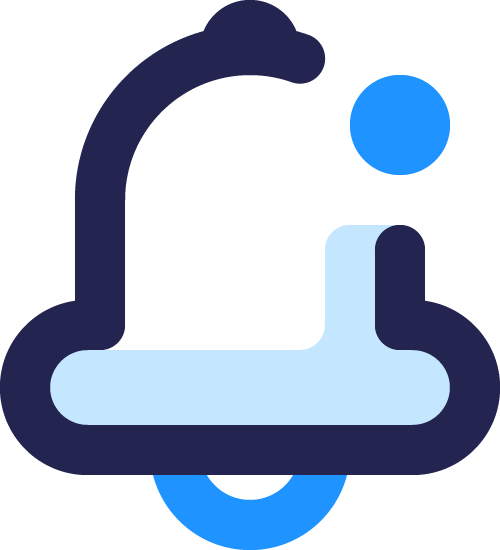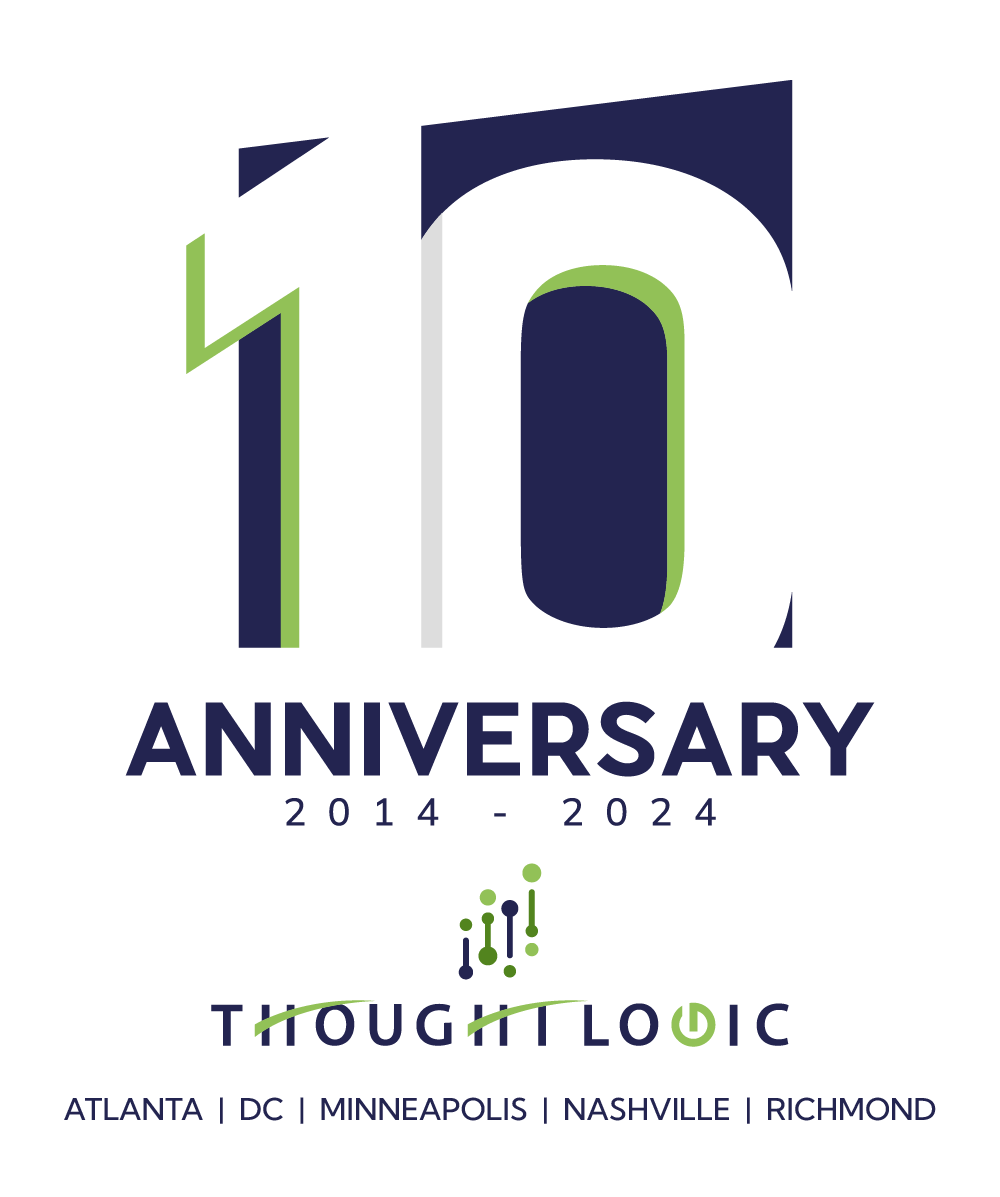Breaking Down the Barriers: Empowering Healthcare Organizations through Effective Data Management
The healthcare landscape is on the brink of a data revolution, presenting unprecedented opportunities for growth and innovation. However, despite the abundance of valuable patient information at their disposal, healthcare companies face formidable challenges that hinder them from fully harnessing the potential of their datasets. In this article, we will delve into the five major barriers that impede effective data management in healthcare and explore strategies to overcome them in order to drive business development.
1. Fortifying Data Privacy and Security: Protecting Your Most Valuable Asset
Healthcare companies hold a treasure trove of sensitive patient information, encompassing personal health records (PHRs), electronic health records (EHRs), and a wealth of health data. Yet, safeguarding this invaluable data from unauthorized access, breaches, and cyber threats remains a formidable challenge. Astonishingly, a study conducted by the HIPAA Journal in 2022 revealed a staggering 643 healthcare data breaches, with 11 breaches compromising over 1 million records, and 14 breaches impacting more than 500,000 records.
The solution lies in robust data security measures. By implementing state-of-the-art encryption, fortified firewalls, and cutting-edge intrusion detection systems, healthcare companies can ensure the utmost confidentiality and security of patient data around the clock. These measures instill confidence, safeguarding sensitive information and ensuring compliance with regulatory requirements.
2. Achieving Seamless Collaboration: Unlocking the Power of Data Interoperability
The Office of the National Coordinator for Health Information Technology has stressed the vital importance of data interoperability for the utilization of electronic health records and health information exchanges.
Unfortunately, healthcare data often resides in disparate systems and formats, impeding the seamless exchange and integration of data across different entities such as hospitals, clinics, and laboratories. This lack of interoperability leads to data silos, fragmented care, and hindered data-driven decision-making.
Healthcare providers can overcome this challenge by embracing cutting-edge data integration tools like Denodo Platform, SnapLogic, Azure Data Factory, and Microsoft SQL Server Integration Services (SSIS). Recognized by Gartner with Customers’ Choice Awards for 2023 in the healthcare industry, these tools revolutionize the exchange and integration of data between multiple systems. Through data warehouses, data lakes, and data virtualization techniques, they harmonize data from various sources into a standardized format, enabling seamless collaboration and empowering healthcare organizations to unleash the full potential of their data assets.
3. Ensuring Data Quality and Accuracy: Fueling Informed Decision-Making
For data to be a reliable asset in healthcare, it must exhibit accuracy, completeness, and reliability. Alas, data quality issues such as data entry errors, duplicate records, and inconsistencies plague the integrity and reliability of healthcare data, leading to erroneous conclusions and decisions. Shockingly, the National Institutes of Health estimate that approximately 400,000 hospitalized patients experience preventable harm each year, with medical errors incurring a colossal cost of $20 billion annually.
To tackle this challenge head-on, healthcare companies must implement robust data quality controls. By leveraging advanced data profiling and cleansing tools, organizations can identify and rectify data quality issues, ensuring the utmost accuracy. The result? Enhanced decision-making capabilities, improved patient care, and the eradication of preventable errors.
4. Establishing Effective Data Governance: The Key to Data Integrity
In the realm of healthcare, the establishment of robust data governance practices is paramount. Data integrity, standardization, and adherence to policies and regulations rely on a solid foundation of clear data governance. Regrettably, a 2021 Harvard Business Review survey revealed that a mere 42% of the 343 executives surveyed had implemented an enterprise data governance strategy, leaving the majority vulnerable to data inconsistency, duplication, and misuse.
Therefore, healthcare companies must develop and implement a comprehensive data governance framework. This framework should outline data policies, procedures, guidelines, define data ownership, establish standards, and incorporate quality controls. By adhering to this framework, healthcare organizations can ensure the effective management of data, fostering improved patient outcomes and operational efficiency.
5. Navigating Complex Regulatory Landscapes: Compliance is Key
Healthcare companies are subject to a myriad of regulations, including HIPAA, GDPR, and various local privacy laws, governing the handling, storage, and processing of data. Compliance with these regulations is complex and time-consuming, and non-compliance can result in severe financial and reputational consequences.
However, a report by the Healthcare Information and Management Systems Society in 2022 highlighted significant gaps in compliance and enforcement due to a lack of educational awareness and clarity regarding the scope of HIPAA and its intersection with other privacy laws.
Navigating the intricacies of regulatory compliance, healthcare companies must develop a comprehensive compliance plan. This plan should encompass relevant policies and procedures, delineate the specific requirements of each regulation, and establish the necessary steps to ensure compliance. With a well-defined plan in place, healthcare organizations can confidently tackle compliance challenges, mitigating risks and safeguarding their reputation.
Overall, while healthcare organizations face significant challenges in effective data management, each barrier presents an opportunity for growth and innovation. By embracing robust data security measures, streamlining data interoperability, prioritizing data quality, establishing comprehensive data governance frameworks, and navigating complex regulatory landscapes, healthcare companies can unlock the full potential of their data assets. The key lies in recognizing these challenges as catalysts for business development and partnering with experienced professionals who specialize in data management. Thought Logic stands ready to guide and assist organizations in overcoming these barriers, empowering them to generate better health outcomes and reduce costs associated with medical errors.

About Digital Enablement
Thought Logic’s Digital Enablement smartSolution provides full-circle capabilities that help keep organizations keep ahead of digital change.

Sign up to receive future Insights in your email box.
Never miss an update.









